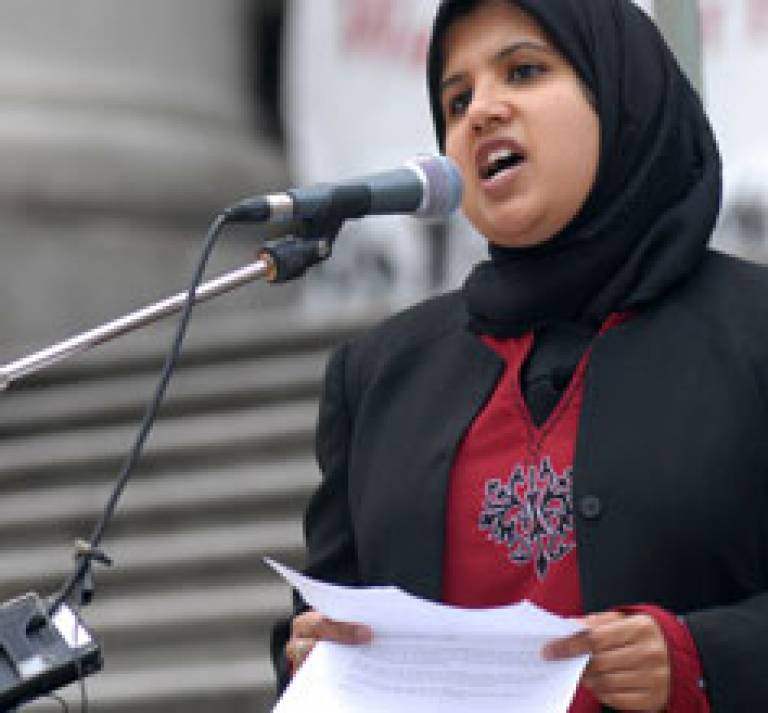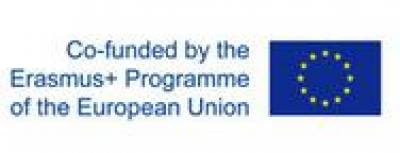2014 Sakharov Debate: Religion and Human Rights in Europe
03 December 2014, 12:00 am

Event Information
Open to
- All
3 December 2014
Bringing together academics, politicians, lawyers, and civil society activists, this year's Sakharov Debate hosted with the European Parliament Office in the UK will discuss how our liberal democracies can respond to religious difference.
|
When: Where: |
Background
Since 1988, the European Parliament has awarded the prestigious "Sakharov Prize" - named after Russian scientist and dissident Andrej Sakharov - to people and organisations who defend human rights and freedom of speech around the world. Coinciding with the award, the European Parliament Office in the UK and the UCL European Institute co-host an annual public debate to explore current developments on Human Rights in Europe.
2014 Sakharov Debate: Religion and Human Rights in Europe
Few would challenge that religion has become one of the most salient questions of the twenty-first century. Contemporary religious diversity seems increasingly to challenge the capacity of our liberal-democratic societies to respond to religious difference and treat all citizens fairly.
All European states currently subscribe to the notion, enshrined in Art. 9 of the European Convention of Human Rights, that we as individuals have the absolute right to hold religious beliefs and, more generally, to enjoy freedom of thought and conscience. But the extent to which we can manifest those beliefs publicly - be it through worship, teaching, symbols or dress - is more and more contested. The European Convention requires that those manifestations may only be restricted by law and where it is necessary in the interests of public safety, to protect public order, health or morals, or to protect the rights and freedoms of others. But how are we to decide what is 'necessary' in such cases? Can the protection of 'common values' fall under that category and if so, to what extent?
These tensions between individual minority rights and common values have been at the forefront of many recent religious freedom cases. Rulings by the European Court of Human Rights have reminded us of how sensitive religious rights are: may a nurse, a teacher or flight attendant wear ostentatious religious symbols in the workplace? How about our public spaces: should citizens have the right to veil their face in public? France certainly no longer thinks so - and the European Court of Human Rights just recently upheld its 2010 ban. With the UK shadow chancellor calling it "not British" to tell people what to wear in the streets, however, public and political attitudes on such sensitive matters clearly diverge.
This delicate but crucial articulation between religion and human rights has begun to acquire particular sensitivity all across Europe, with governments, courts, and interested parties ever more interested in defining common ground. Bringing together academics, policy-makers, interest associations and journalists, this event seeks to discuss it in a frank and informed debate.
Speakers
- Dr Myriam Hunter-Henin (UCL Laws)
- Ed McMillan-Scott (former MEP, ALDE)
- Catriona Robertson (London Boroughs Faiths network)
- Can Yenginsu (Barrister)
Chaired by BBC news journalist Maxine Croxall.
Be part of the debate on Twitter: #SakharovUK.
|
Hosted in cooperation with the UK Office of the European Parliament. |
|
[image reference is broken]
|
| Co-funded under the Jean Monnet Project programme, Erasmus+ |
 |
 Close
Close

